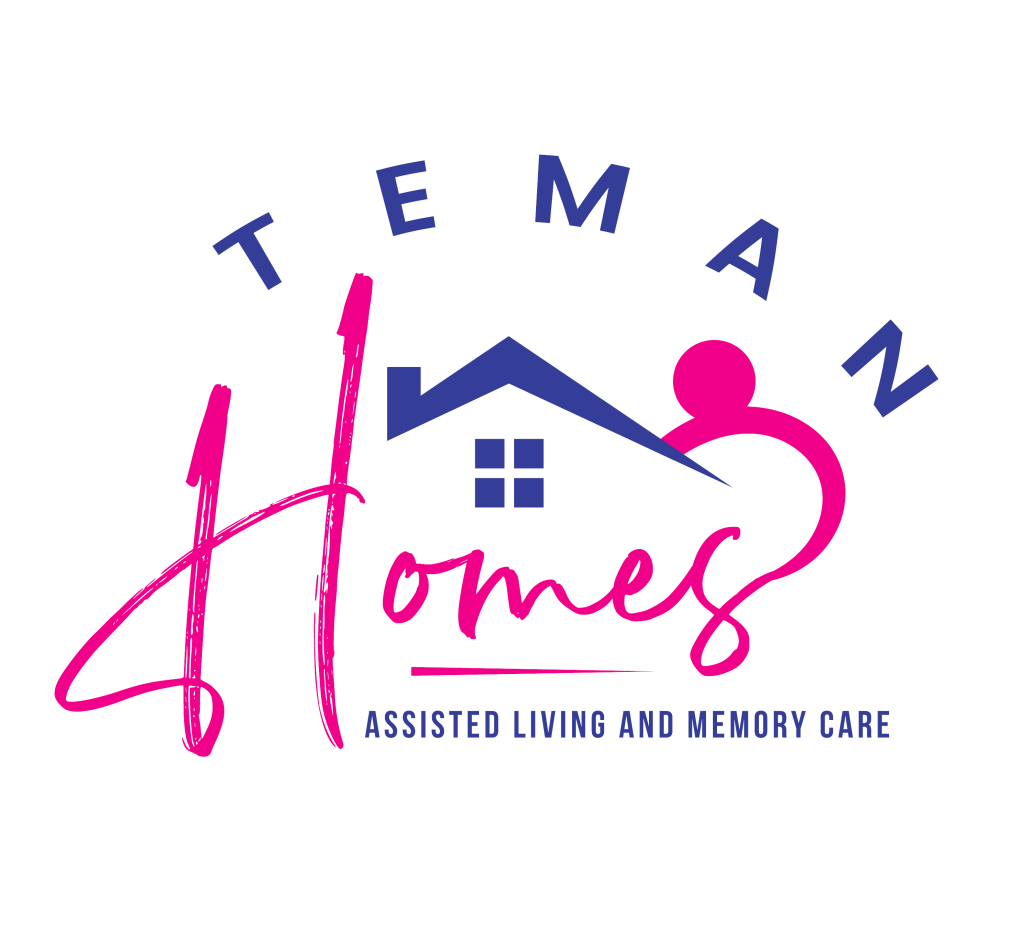Making the Transition from Hospital to Home Smoother
Transitioning home after a lengthy hospital stay, whether for yourself or a loved one, is the ultimate aim but can often be challenging, involving additional planning and adjustments. Here are strategies to smooth the process of returning home from the hospital.
Attend the Discharge Meeting
Participating in the discharge planning is essential for a seamless transition home. This might involve arranging for necessary home modifications to continue the healing process, managing medication changes, scheduling follow-up visits with doctors, and organizing outpatient therapy. If you’re the one going home, having a trusted friend or family member by your side during discharge planning can be invaluable. The details can be overwhelming, especially while recovering, so don’t hesitate to ask questions to understand your post-discharge care clearly.
Double-Check Your Medications
Medication discrepancies are surprisingly common, so it’s crucial to thoroughly review your medication list before leaving. Ensure clarity on what medications you’ll be taking at home, particularly if you’ve been under the care of multiple teams due to a long illness. Understand the purpose, dosage, and timing of each medication to avoid confusion, especially with drugs that may have different names but similar effects.
Clarify Your Post-Discharge Care Provider
Understand who will be overseeing your care once you leave the hospital. If you’ve been attended by various specialists, know which primary care provider you should follow up with and how they will be informed of your hospital treatment. Transfer of information isn’t always automatic; you might need to proactively obtain and share your hospital records with providers, especially if they’re outside of the hospital’s network.
Establish a Support Network
Communicate your post-discharge needs to your family or friends who can assist you at home. If you lack a support network, inform the hospital staff ahead of time so they can connect you with available resources. Assistance might be needed for meals, transportation, or housework temporarily until you recover fully. Inquire about home health services and check with your insurance for potential coverage. Seeking help is crucial for a successful recovery and maintaining well-being at home.
Attend the Discharge Meeting
Participating in the discharge planning is essential for a seamless transition home. This might involve arranging for necessary home modifications to continue the healing process, managing medication changes, scheduling follow-up visits with doctors, and organizing outpatient therapy. If you’re the one going home, having a trusted friend or family member by your side during discharge planning can be invaluable. The details can be overwhelming, especially while recovering, so don’t hesitate to ask questions to understand your post-discharge care clearly.
Double-Check Your Medications
Medication discrepancies are surprisingly common, so it’s crucial to thoroughly review your medication list before leaving. Ensure clarity on what medications you’ll be taking at home, particularly if you’ve been under the care of multiple teams due to a long illness. Understand the purpose, dosage, and timing of each medication to avoid confusion, especially with drugs that may have different names but similar effects.
Clarify Your Post-Discharge Care Provider
Understand who will be overseeing your care once you leave the hospital. If you’ve been attended by various specialists, know which primary care provider you should follow up with and how they will be informed of your hospital treatment. Transfer of information isn’t always automatic; you might need to proactively obtain and share your hospital records with providers, especially if they’re outside of the hospital’s network.
Establish a Support Network
Communicate your post-discharge needs to your family or friends who can assist you at home. If you lack a support network, inform the hospital staff ahead of time so they can connect you with available resources. Assistance might be needed for meals, transportation, or housework temporarily until you recover fully. Inquire about home health services and check with your insurance for potential coverage. Seeking help is crucial for a successful recovery and maintaining well-being at home.
